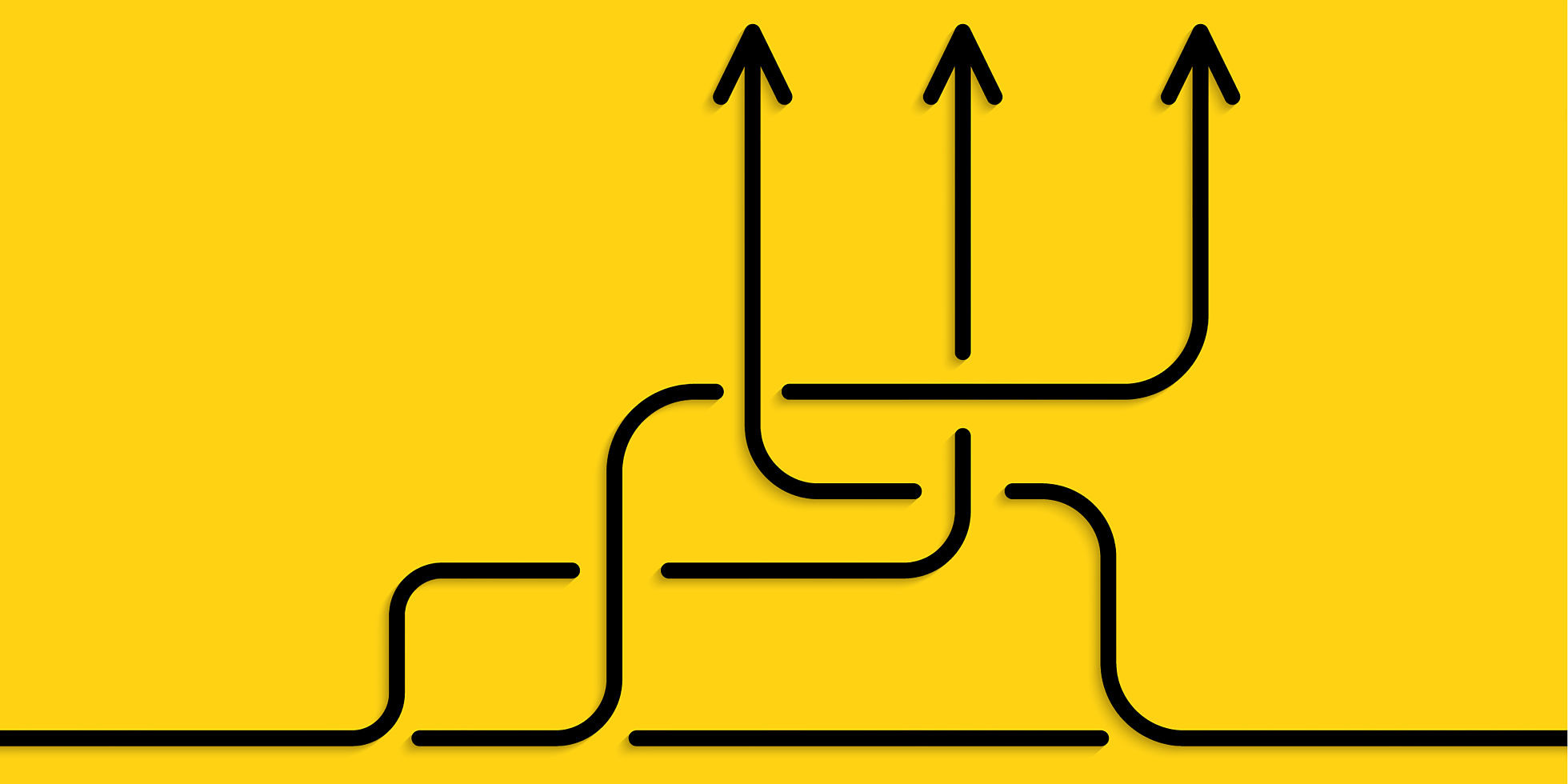Activating purpose through everyday decisions

Purpose-led: An organisation that doesn’t just talk about purpose, but embeds meaning into every aspect of work, every day (Deloitte, 2020)
In recent years it’s fair to say that ‘Purpose’ has become a bit of a trend. But throughout Covid-19, we’ve seen organisations reveal their true colours, whilst the world watches on – our engagement with brands is high.
Unilever, NatWest and good old Morrisons have done themselves proud – highly credited for putting people before profit, showing true leadership in these tough times. Tesla and ASOS, take note – employee experience in a crisis matters. (Check out didtheyhelp.com for a deep dive into the Heroes and Zeroes.)
It’s a smart move as well the right move. Research reveals 53% of consumers now look for companies that embody a strong sense of purpose (Capgemini, 2020); and internally, 73% of employees who feel they work for a purpose-driven organisation said that they’re engaged, compared to 23% who aren’t (Deloitte, 2020).
In the midst of a pandemic, with trust in government and media at an all-time low (Edelman, 2020), we’re looking to the businesses we work for, and engage with, to do something.
More than simply ‘doing good’, a true purpose guides every decision, by every employee. From the board to the front line, each and every member of an organisation must understand their role in bringing the purpose statement to life.
Authenticity, a balanced approach to stakeholders and consistent application are the minimum. It’s the decisions we all take on a daily basis, on behalf of our organisations, that either present a united front, or make purpose statements a laughing stock.
Challenging ingrained behaviours
We make 35,000 decisions every day. 98% of those decisions use system 1 thinking – the automatic process that tells us to breath, swallow, and lock the front door. Termed by Daniel Kahneman, as ‘fast thinking’, it’s informed by our instinct and experience. It’s got a vital role to play in keeping us alive and functioning – frankly, it gets stuff done.
But for the bigger decisions, we need system 2. Coined as ‘slow thinking’, this is our critical brain at play. Perhaps deciding on a mortgage, which route to take, or who you’re going to vote for in the next election (hmmm…) – these bigger decisions ask us to slow down, seek data and opinions, and analyse the information available.
In a business environment, especially one full of clever, experienced people – we often see big decisions being made fast. Heuristics, or mental shortcuts decide on the best course of action – we quickly create a picture, informed by past knowledge and ‘how we do things around here’ – omitting critical thought, in favour of speed and efficiency.
When embedding a new purpose, we need to encourage employees to slow down their decision-making process and challenge their instincts.
Better decisions, every day
Under Alison Rose’ leadership, NatWest launched their new purpose in February 2020, setting out their stall to Champion Potential and help people, families and businesses thrive. They quickly went on to show what that means in practice throughout the pandemic by opening up their HQ as a food bank; delivering cash to vulnerable customers; and quadrupling the intake on their business support and accelerator program.
But the true show of their long-term commitment to being purpose-led, came in the form of a decision-making framework ‘The ‘Yes Check’ – a tool formed of 5 simple questions, to help colleagues make purpose led decisions, every day.
We supported NatWest with a launch campaign, asking colleagues to Challenge their assumptions, Check their thinking and Champion Potential. Actively slowing down the decision-making process, to ensure the impact and opportunities for colleagues, customers and communities were explored.
A simple tool connecting colleagues to strategy. And already it’s supporting a fundamental shift in focus at the bank.
A look to behavioural science
There’s much written on the art of decision making, especially from the field of behavioural science – Thinking Fast and Slow, Predictably Irrational, and Decisive are all great reads. Challenging cognitive bias, critical thinking and intrinsic motivation are key themes throughout and it makes sense – leaving you wondering why more leaders aren’t focusing their energy on developing these transformational skills.
Simple frameworks such as WRAP and MAP provide a considered lens for considered decision making. Google use them both, and let’s face it, they generally seem to know what they’re doing.
But imagine the power of combining your purpose with critical thinking principles, into one framework your organisation can use every single day… hats off NatWest, that’s activating purpose from the inside and out, and we couldn’t be prouder.
Behavioural science is something we apply to all of our campaigns, both inside organisations and out. Our quick workshops help clients look at challenges through a behavioural lens. If you’d like to talk to us about activating purpose, or how to instigate behaviour change, get in touch.





